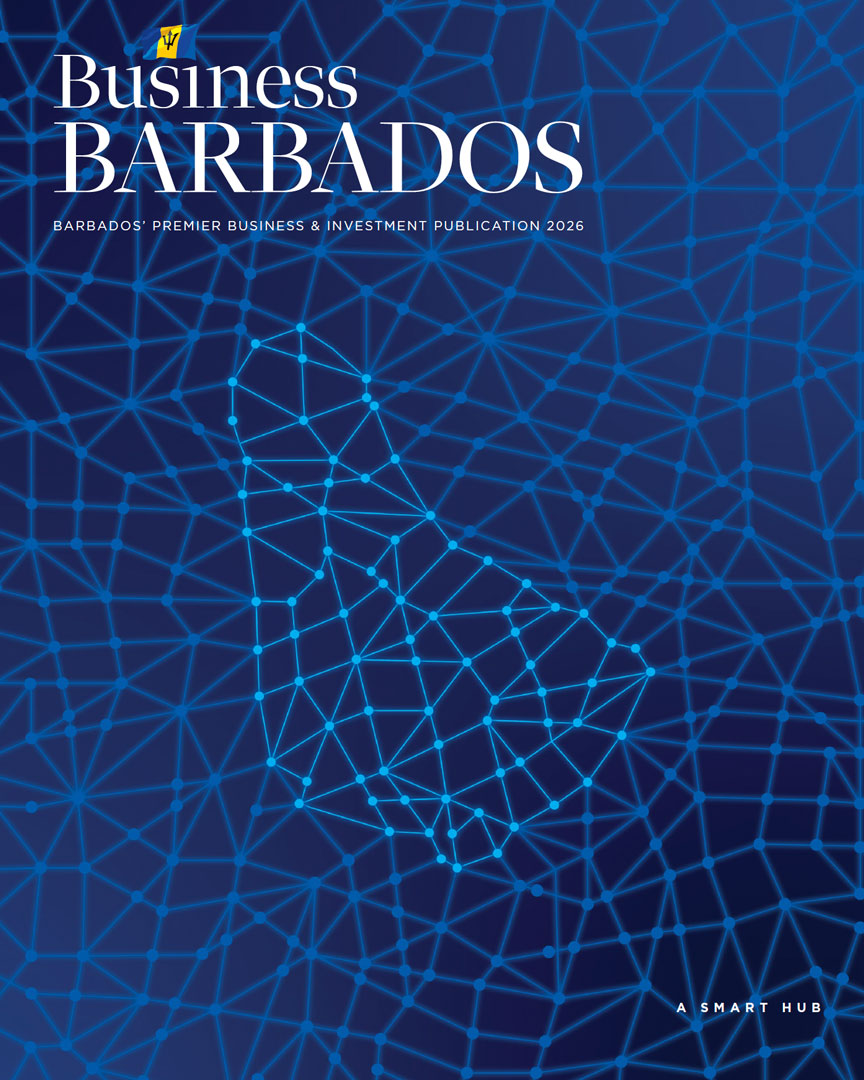.jpeg)
Coming to the end of a calendar year and moving to a New Year generally prompts a period of reflection as well as the need to forward plan, or rather, a focus on how we face the future. It is generally acknowledged that this phenomenon happens not only for individuals but for businesses as well. Some may even argue that looking to the future is not only a critical component for business sustainability, growth and development but also for a country as well. In looking forward at this time, what seems consistent for the private sector, and all stakeholders, here and abroad, is that uncertainty remains a key factor which can be viewed as either debilitating or exhilarating.
Apart from COVID-19, there are other challenges on the horizon, that lends to the credibility of the point of uncertainty, over and above what pertained in the past, being a prominent part of our future. For example, the pending potential impact of the imposition of a global minimum corporation tax rate is a looming threat to our country’s all important international business sector, comprised of many private sector businesses, that contributes in excess of 60% of corporation tax revenues for the country. However, the private sector remains confident in our ability to continue to formulate and implement strategies to provide an attractive investment climate. Given its potential for international investors, as the new year progresses, we look forward to welcoming to our shores those who wish to invest in this well-established business sector.
With the onset of COVID-19 and its devastation of the tourism and hospitality sectors in 2020, the slow path of recovery in the traditional sectors is a reality we face. Not to be daunted however, the private sector, continues to formulate and execute strategies to pivot and incubate newer innovative sectors. A move from sugar cane to a vibrant tourism and hospitality industry represents an example of a successful pivot in our history. For the future, the private sector recognizes the great potential for collaboration with international investors to build out innovative and sustainable businesses in areas including embracing the new technology opportunities and the renewable energy sector. Barbados’ progress with digitization and with the goal of Barbados to become carbon free by 2030, these areas are ripe for development in the future. We are therefore pleased with the progress to build out the necessary frameworks to move forward with these attractive areas for local and international investment on the island.
An output of the tourism and hospitality thrust of our island over the years includes the high-quality infrastructure and an enviable lifestyle for those who work and do business in Barbados.
The success of the now well renowned Welcome Stamp initiative is a good reference point. Barbados is being positioned to become a hub in the region for developing trade with Africa and other new and emerging markets. The quality of life on the island remains an attractive reason for relocation here as the private sector moves to capitalize on these potential opportunities, particularly in nimble and nomadic sectors in the service industry.
Even in the face of the uncertainty, all much agree that it is critical that the Barbadian economy returns to a path of sustainable economic growth with an environment for business enterprise to grow and to thrive. The private sector must remain highly engaged in this regard with confidence that Barbados will continue to be an attractive destination, open for business and business development for all investors.
The private sector, in facing the future, must be aware of global developments as business does not operate in isolation from the rest of the world. For example, how the private sector incorporates sustainable development goal attainment in its profit generating agenda, must be a consideration. Private sector entities (management and employees) first need to be made aware of and become familiar with the United Nations Sustainable Development Goals, (SDGs). Businesses are being cognizant of the fact that many of these goals fit well into the corporate social responsibility thrust and the move toward innovative actions of the modern enterprise. SDGs such as, no poverty, zero hunger, good health and well-being, quality education, gender equality, affordable and clean energy, decent work and economic growth, industry, innovation and infrastructure and climate action must come into the discussion even if within the context of the marriage of the two principles, SDG attainment and keeping shareholders happy. The idea of the “responsible enterprise” isn’t necessarily a new idea as many companies around the world have made such programmes a part of their day-to-day existence. We therefore look forward to business collaboration and implementation of best practices in this regard.
In conclusion, depending on the perspective, uncertainty can either force us into the exhilaration of resilience, innovation and creativity or move us towards being debilitated by external forces, over which we have no control. The private sector in Barbados is encouraged to face the future with determination to deliver enhanced investment returns and to convert adversity into opportunity for locals and international investors alike.















